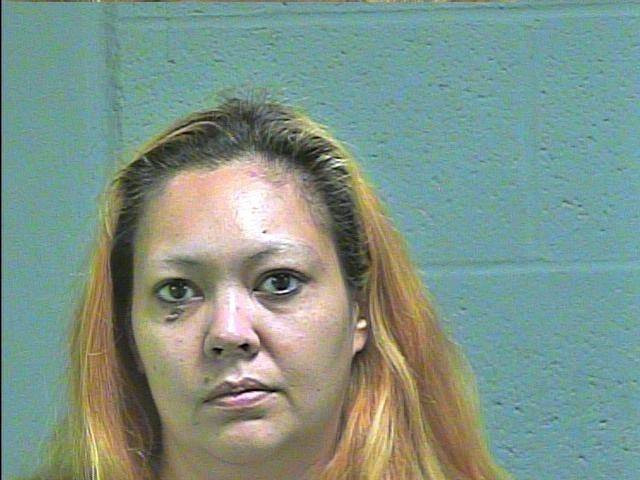Meth-using mother of 7 undergoes sterilisation in hopes of getting a lighter sentence
Summer Thyme Creel of Oklahoma City voluntarily underwent the surgery following a recommendation from the judge.

A woman found guilty of participating in a counterfeit cheque ring in Oklahoma underwent sterilisation in the hopes that it would lead to a shorter prison term. Summer Thyme Creel underwent the surgery in November after the judge presiding over her case suggested that by doing so, he would consider giving her a lighter sentence.
She will face a hearing on 8 February in Oklahoma City federal court where US District Judge Stephen Friot will decide her punishment.
According to The Oklahoman, the 34-year-old mother of seven had given up parental rights to six of her children in 2012 and Friot believed that she may have been using drugs during some of her pregnancies.
"By virtue of a series of relationships with various sires over approximately the last 14 years, Ms Creel has given birth to seven children out of wedlock," the judge wrote in a June order following a postponement of her sentencing.
"Comparing the dates of Ms Creel's periods of habitual use of crack cocaine and methamphetamine... with the dates of birth of her seven children, it appears highly likely that some of Ms Creel's children were conceived, carried and born while Ms Creel was a habitual user of these illicit substances."
Friot said that he was not surprised that she decided to relinquish her parental rights. He suggested that Creel "may, if (and only if) she chooses to do so, present medical evidence to the court establishing that she has been rendered incapable of procreation".
The defendant's court-appointed attorney, Brett Behenna pointed out that his client voluntarily underwent the procedure, but the prosecutor does not want the sterilisation to be factored in during the sentencing.
"Creel not only has a fundamental constitutional right to procreate... but she admits that she had an interest in an elective sterilization procedure even before the court's order of June 16," Assistant US Attorney Jessica Perry wrote to the judge. She pointed out that the defendant's choice not to procreate had no relation to her crimes of fraud.




















